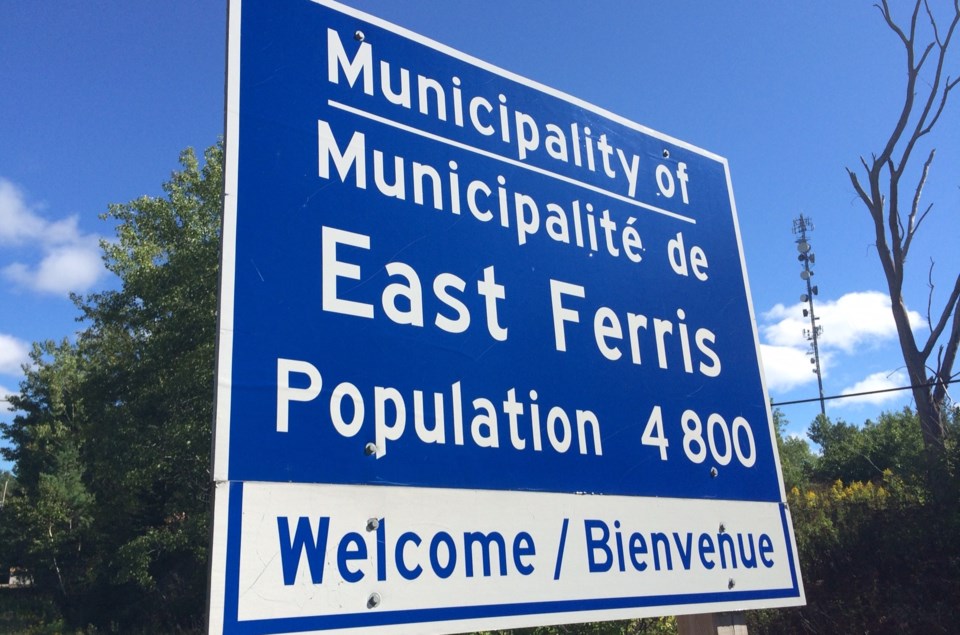East Ferris is working to create policy regarding short-term rentals within the municipality, particularly vacation rentals offered on sites such as Airbnb and Vrbo.
Mayor Pauline Rochefort mentioned at last night’s council meeting the municipality has received “letters from residents regarding Airbnb,” and “earlier this summer we did receive from a citizen a very complete document” outlining some existing policies implemented by other municipalities.
That document was submitted to the municipality and the chief administrative officer, Jason Trottier, for review.
“We touched on that report” during our last economic development meeting, said Greg Kirton, the manager of planning and economic development.
Another meeting is coming up next month, “where we’ll have another discussion about it,” he added.
“We’re also embarking on the final stages of our comprehensive zoning bylaw,” Kirton said, “with the plan to have draft documents going public by Thanksgiving.”
The new zoning bylaw will include policy regarding short-term rentals.
Kirton also notes there will be “a public consultation period” on the matter, the results of which will be discussed during a planning and advisory meeting in early November.
“We’re actively exploring” the topic “from both the planning and economic development departments” Kirton said.
Councillor Terry Kelly emphasized, “there’s no use in reinventing the wheel,” regarding Airbnb recommendations, and suggested municipal staff research further what other cities and municipalities have implemented before drafting policy.
See: BEYOND LOCAL: Concerns heighten over Airbnb's effect on housing markets
For instance, earlier this year Ottawa established rules that short-term rentals offered by Airbnb and Vrbo can only be listed if they are the hosts’ primary residence or cottage.
Toronto did the same in 2020, and the city also created a registry for rental operators. Those registered, are also required to pay a four per cent municipal accommodation tax.
“We should be looking at other municipalities and see if there’s some common ground,” Kelly said.
“We’re not the only one’s that have this issue,” councillor Rick Champagne agreed. “I think we should look beyond our borders to see what they’re doing.”
David Briggs is a Local Journalism Initiative reporter who works out of BayToday, a publication of Village Media. The Local Journalism Initiative is funded by the Government of Canada.



